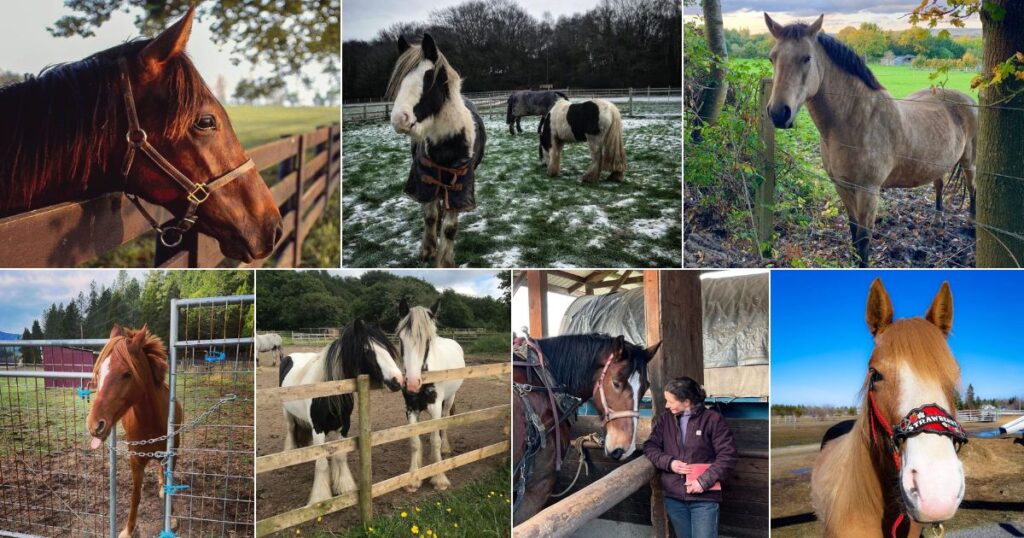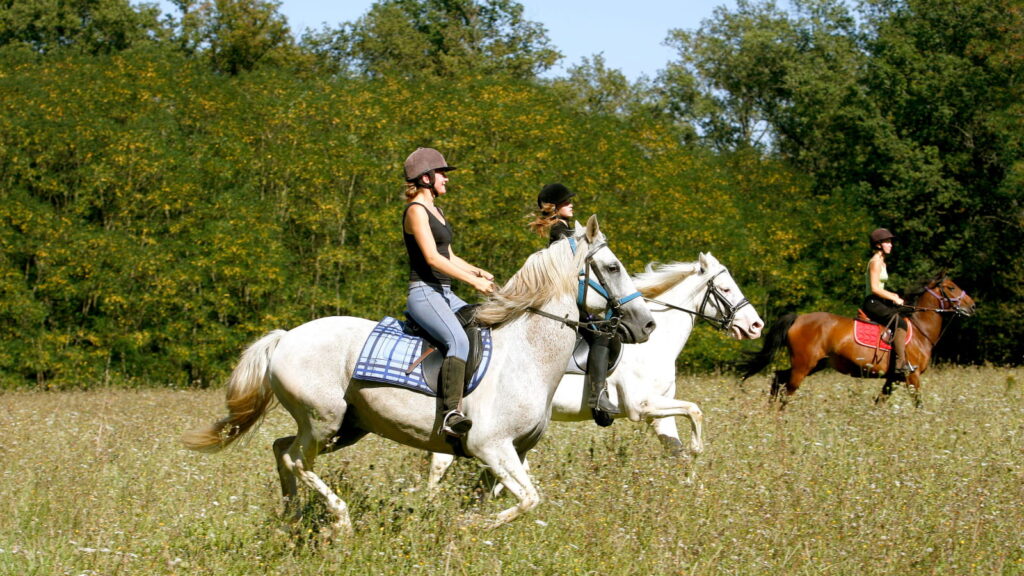Exploring the Role of Farm Horses in Agriculture

In the vast tapestry of agriculture, farm horses stand as unsung heroes, contributing significantly to the evolution and efficiency of farming practices. Their role extends beyond mere transportation; they are vital partners in plowing fields, tilling soil, and even providing companionship to farmers. This comprehensive guide delves into the multifaceted role of farm horses in agriculture, uncovering their impact, benefits, and the symbiotic relationship they share with farmers.
Exploring the Role of Farm Horses in Agriculture
The Historical Significance
Farm horses have been intertwined with agriculture for centuries, tracing back to ancient civilizations where they served as indispensable assets in cultivating land and transporting goods. Their historical significance is deeply rooted in the agricultural landscape, symbolizing the enduring partnership between humans and animals in nurturing the land.
Enhancing Farm Efficiency
Farm horses play a pivotal role in enhancing farm efficiency by executing various tasks with precision and strength. From plowing fields to hauling heavy loads, their robust stature and agility streamline agricultural operations, reducing the reliance on machinery and fossil fuels.
Sustainable Farming Practices
Embracing farm horses promotes sustainable farming practices by minimizing the carbon footprint associated with mechanized agriculture. Unlike tractors and machinery, horses operate on renewable energy, emitting zero pollutants and preserving the ecological balance of farmlands.
Bond Between Farmer and Horse
The bond between a farmer and their horse transcends mere functionality, embodying a deep sense of companionship and mutual respect. Working alongside these majestic animals fosters a profound connection with the land, enriching the farming experience and nurturing a culture of stewardship.
Cultural Heritage Preservation
Preserving the tradition of using farm horses in agriculture safeguards our cultural heritage and rural identity. It honors the wisdom of past generations while inspiring future farmers to embrace sustainable practices rooted in respect for nature and collaboration with animals.

Agricultural Education and Heritage Centers
Agricultural education and heritage centers serve as invaluable resources for preserving the legacy of farm horses and imparting knowledge to future generations. Through interactive exhibits, demonstrations, and hands-on experiences, these centers celebrate the historical significance and practical applications of farm horses in agriculture.
Economic Viability for Small Farms
For small-scale farmers, integrating farm horses into agricultural operations offers economic viability and sustainability. The affordability of horse-powered equipment, coupled with lower maintenance costs and reduced fuel expenditures, makes it an attractive option for small farms striving for self-sufficiency.
Diversification of Agricultural Practices
The integration of farm horses encourages the diversification of agricultural practices, promoting crop rotation, intercropping, and mixed farming systems. Their versatility enables farmers to adapt to changing market demands while enhancing soil health and biodiversity on their farms.
Health and Wellness Benefits
Beyond their contributions to farming, horses offer numerous health and wellness benefits to farmers and rural communities. Interacting with horses has been shown to reduce stress. Promote physical activity, and improve overall well-being, fostering a harmonious balance between work and life.
Environmental Conservation Efforts
Farm horses play a vital role in environmental conservation efforts by minimizing soil compaction and erosion associated with heavy machinery. Their gentle tread and non-invasive presence preserve soil structure and fertility, safeguarding the long-term productivity of farmlands.
FAQs
- How do farm horses contribute to sustainable agriculture? Horses contribute to sustainable agriculture by operating on renewable energy. Minimizing carbon emissions, and promoting eco-friendly farming practices such as crop rotation and reduced tillage.
- Are horses still relevant in modern agriculture? Yes, horses are still relevant in modern agriculture. Particularly for small-scale and organic farms seeking sustainable alternatives to mechanized equipment.
- How do farm horses benefit farmers? Horses benefit farmers by enhancing efficiency. Promoting sustainable practices, fostering a deep connection to the land, and offering economic viability for small farms.
- What breeds of horses are commonly used in agriculture? Draft breeds such as Percherons, Belgians, and Clydesdales are commonly used in agriculture due to their strength, endurance, and gentle temperament.
- How can farmers integrate horses into their operations? Farmers can integrate horses into their operations by investing in horse-powered equipment. Providing proper training and care for horses, and embracing holistic farming practices that prioritize animal welfare and environmental stewardship.
Conclusion
Exploring the role of farm horses in agriculture unveils a rich tapestry of tradition, sustainability, and partnership between humans and animals. As stewards of the land, farmers have long relied on the strength, agility, and companionship of farm horses to cultivate fields, nurture crops, and preserve the rural way of life. By embracing the timeless wisdom of harnessing horsepower. We pave the way for a more resilient, harmonious, and sustainable future in agriculture.




Leave a Comment